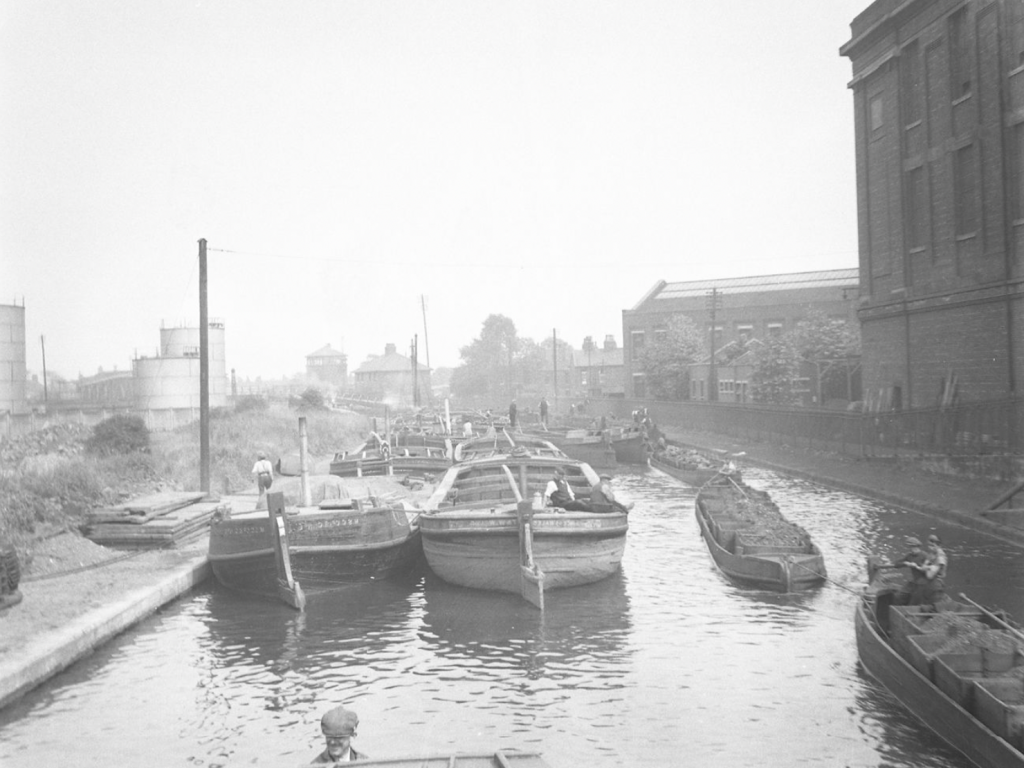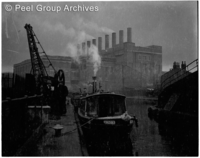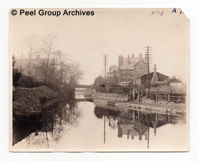
Opened on July 17th 1761, the Bridgewater Canal has cemented itself in history as a model for all canals built without a pre-existing water course.
Named after Francis Egerton, 3rd Duke of Bridgewater canal runs from Runcorn to Leigh stretching 39 miles.
This canal would however not have come to be without James Brindley, who constructed the canal from Worsley to Manchester and is recognised as the first English canal of major economic importance.
James Brindley was born in Tunstead, Derbyshire in 1716, and died on this day, September 27th 1772.
Brindley, who started out as a millwright, designed, and built an engine for draining coalpits at Clifton, Lancashire in 1752. In 1759 he was hired by Egerton to build a 10-mile canal to transport coal from Worsley to Manchester.
Brindley was a self-made engineer who completed all of his worth without written calculations and drawings, leaving his work as the only records of themselves. Brindley concluded that a subterranean channel was what was needed. The creation of this canal also led to the creation of the Barton aqueduct which carried the canal over the river Irwell.

Bridgewater Canal guide, Alexandra Sairclough, is a strong believer in residents learning more about their local history and the people who played such huge roles in the shaping of our country and its smaller areas.
She said: “I think it’s very important for every Salfordian to know about their heritage a then I think every child should be taught this in their primary schools and their parents should be aware of it… I can’t imagine Salford without it.
“I don’t think local history is taught enough in schools.”
Brindley’s great success led to him being responsible of network of 360 miles of British canals, vastly improving communications during the Industrial revolution. His successes paved the way to the creation of similar projects including; the Staffordshire and Worcestershire, the Coventry, the Oxford, the old Birmingham, and the Chesterfield canals, most of which were designed and executed by James Brindley himself.

Sairclough continued: “That canal started a revolution called ‘Canal Mania’ where all the canals were built all around the country to try and connect them to each other.
“It was also very important because the Bridgewater canal which was built in 1761 was the reason for the industrial revolution because it halved the price of coal. Coal was used at that time for heating wealthy people’s houses.
“Because the price of coal came down it halved the prices as a result of the canal opening. It meant that it could be used in industry for power and that’s what kicked started the industrial revolution and the cotton mills and manufacturing in Manchester and that passed all the way around the world.”
Brindley had a revolutionary impact on the Industrial Revolution and the country would undoubtedly be very different without his work.
Listen to the interview with Alexandra Sairclough here















2 Comments